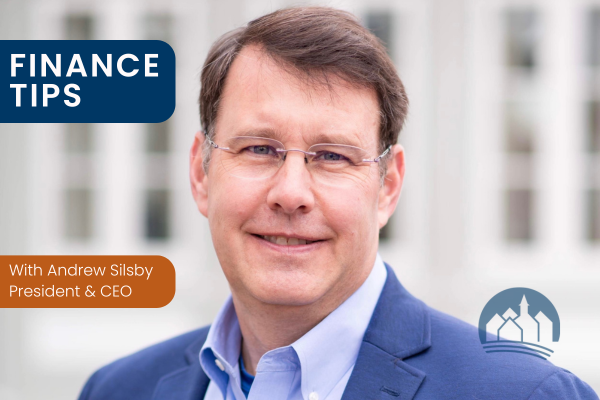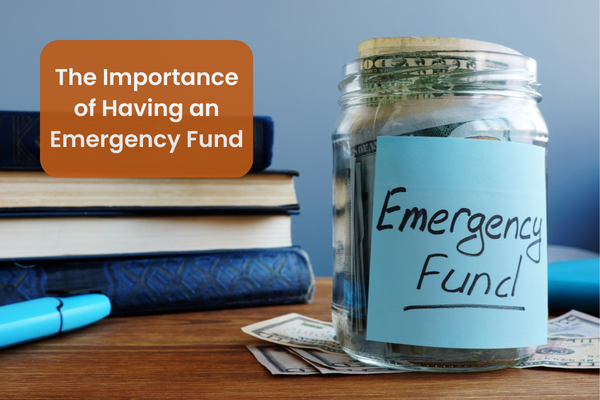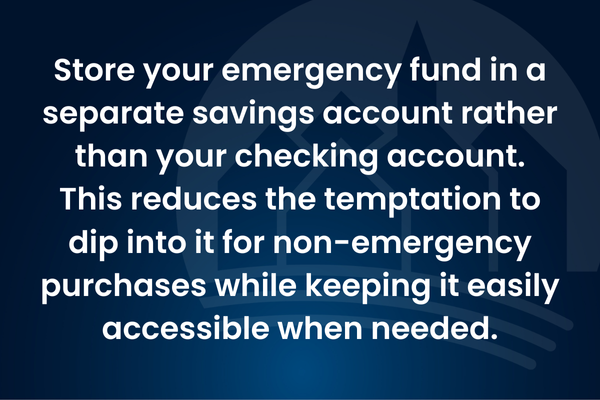We Care About You & Your Finances
For more than 150 years, Kennebec Savings Bank has offered finance tips to individuals, nonprofit organizations, and municipalities to educate them on current trends when it comes to financing.
Our goal is to provide valuable advice on setting and achieving financial goals, protecting your financial security, and expanding your financial education.
Whether you are just starting your journey towards financial independence or looking to improve your current financial situation, our tips and resources are here to help you navigate the complex world of finance.



